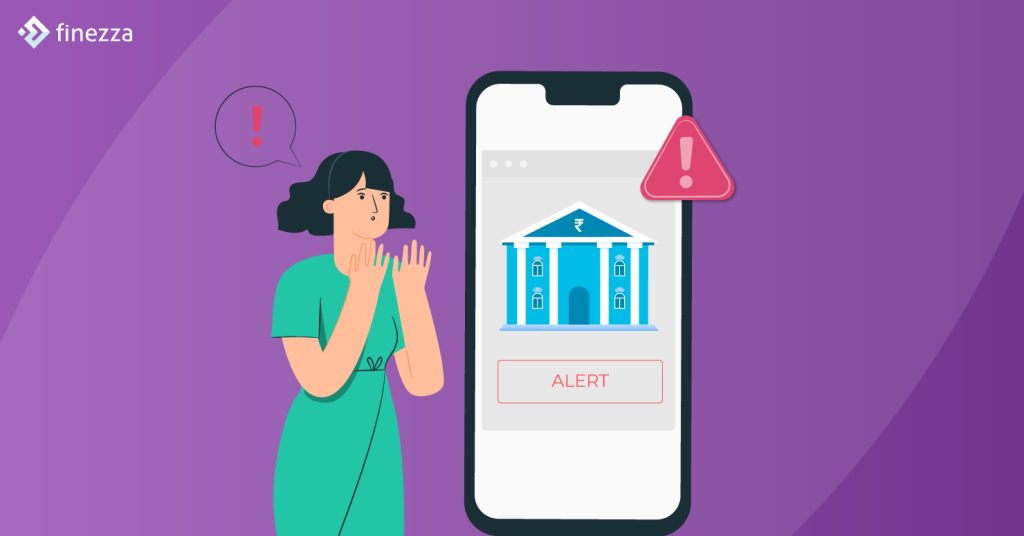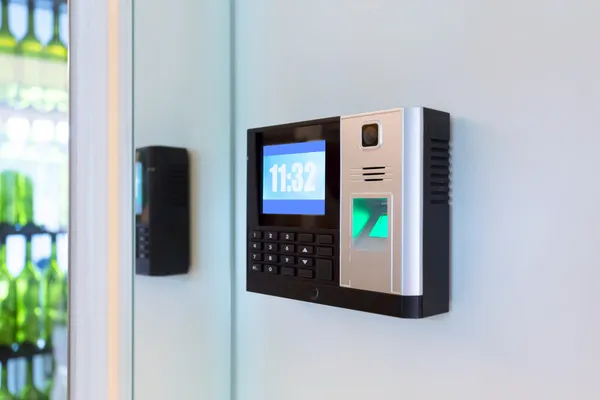In today’s digital age, where communication happens at lightning speed across various platforms, ensuring the security and authenticity of phone numbers has become paramount. Phone Number Risk Scoring has emerged as a powerful tool in the arsenal of businesses and individuals alike, offering a proactive approach to safeguarding communications from fraudulent activities and ensuring a trustworthy network.
Understanding Phone Number Risk Scoring
Phone Number Risk Scoring involves assessing the risk associated with a phone number based on various factors such as its origin, usage patterns, and historical data. This scoring system employs advanced algorithms and machine learning techniques to analyze vast amounts of data and assign a risk score to each phone number.
Benefits of Phone Number Risk Scoring
Fraud Prevention – One of the primary benefits of Phone Number Risk Scoring is its ability to detect and prevent fraudulent activities. By flagging suspicious phone numbers with high-risk scores, businesses can proactively block potential scams, spam calls, and other malicious activities.

Enhanced Security – Phone Number Risk Scoring enhances overall security by identifying compromised or spoofed phone numbers. This helps in preventing unauthorized access to sensitive information and protects individuals and businesses from phishing attacks and identity intelligence phone number.
Improved Customer Experience – By filtering out fraudulent or unwanted communications, Phone Number Risk Scoring ensures a better customer experience. Legitimate calls and messages reach their intended recipients without interference, fostering trust and reliability.
Cost Savings – Implementing Phone Number Risk Scoring can lead to cost savings by reducing the impact of fraud-related losses. Businesses can avoid expenses associated with handling fraudulent transactions, customer support for fraud complaints, and reputational damage.
Compliance – Phone Number Risk Scoring aids in compliance with regulatory requirements related to data protection and privacy. By identifying and mitigating risks associated with phone numbers, businesses can demonstrate their commitment to maintaining secure communication channels.
Applications of Phone Number Risk Scoring
Financial Services – Banks, insurance companies, and fintech firms use Phone Number Risk Scoring to detect and prevent fraud in transactions, account access, and identity verification processes.
E-commerce – Online retailers utilize Phone Number Risk Scoring to verify customer identities, prevent fraudulent orders, and enhance the security of payment transactions.
Telecommunications – Telecom providers leverage Phone Number Risk Scoring to identify and block spam calls, robocalls, and other unwanted communications, improving the overall telecommunication experience for users.
Healthcare – Healthcare organizations implement Phone Number Risk Scoring to secure patient communications, protect sensitive medical information, and mitigate the risk of healthcare fraud.
Enterprise Communication – Businesses across various industries use Phone Number Risk Scoring to safeguard internal communication channels, authenticate users, and prevent unauthorized access to corporate networks.
Phone Number Risk Scoring is a vital tool for securing communications in an increasingly interconnected world. By evaluating the risk associated with phone numbers and taking proactive measures to mitigate potential threats, individuals and businesses can enjoy enhanced security, improved customer trust, and cost-effective fraud prevention strategies. Embracing Phone Number Risk Scoring is not just about protecting communications it is about safeguarding relationships, data, and peace of mind in a digital landscape fraught with risks.



